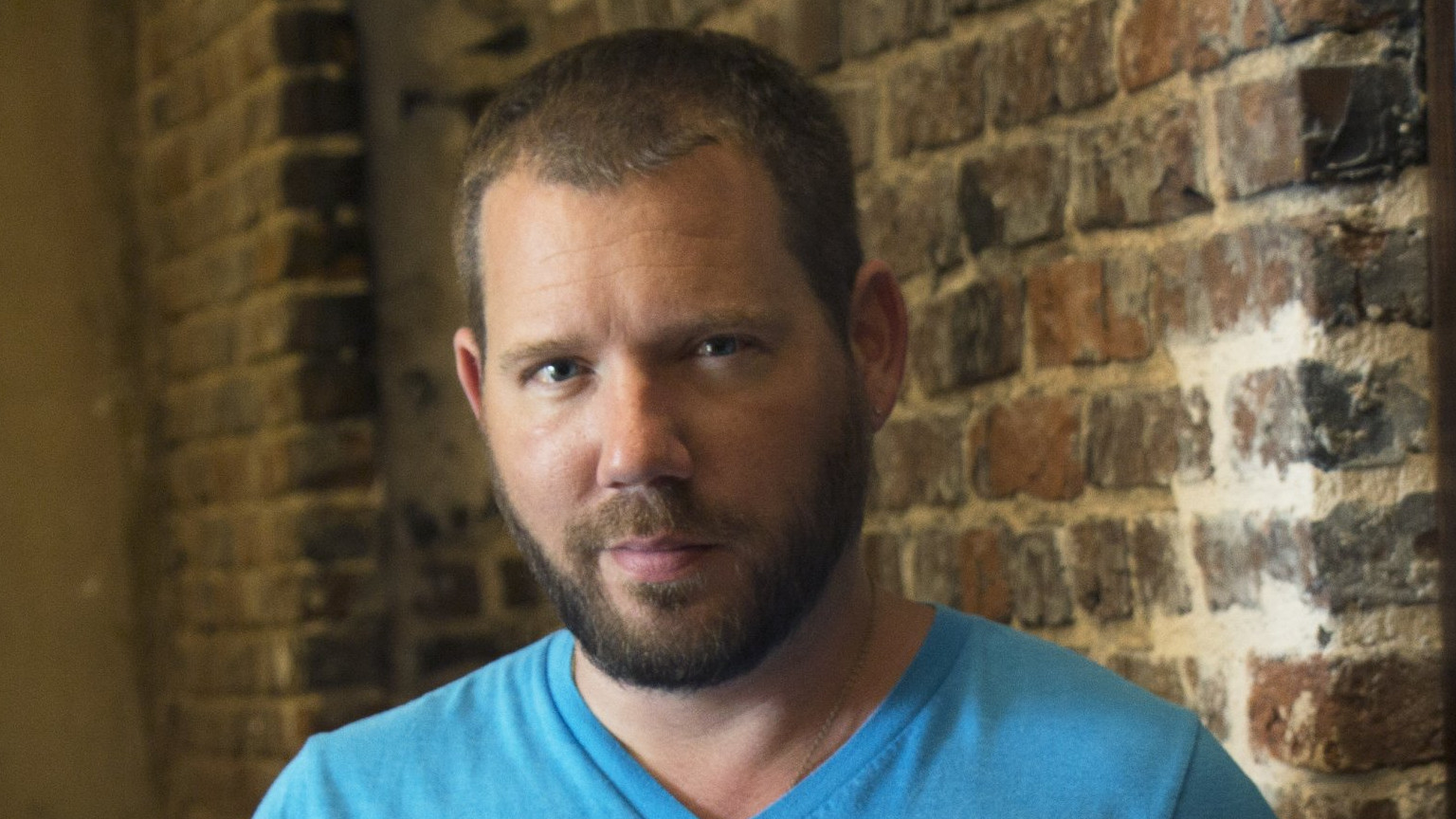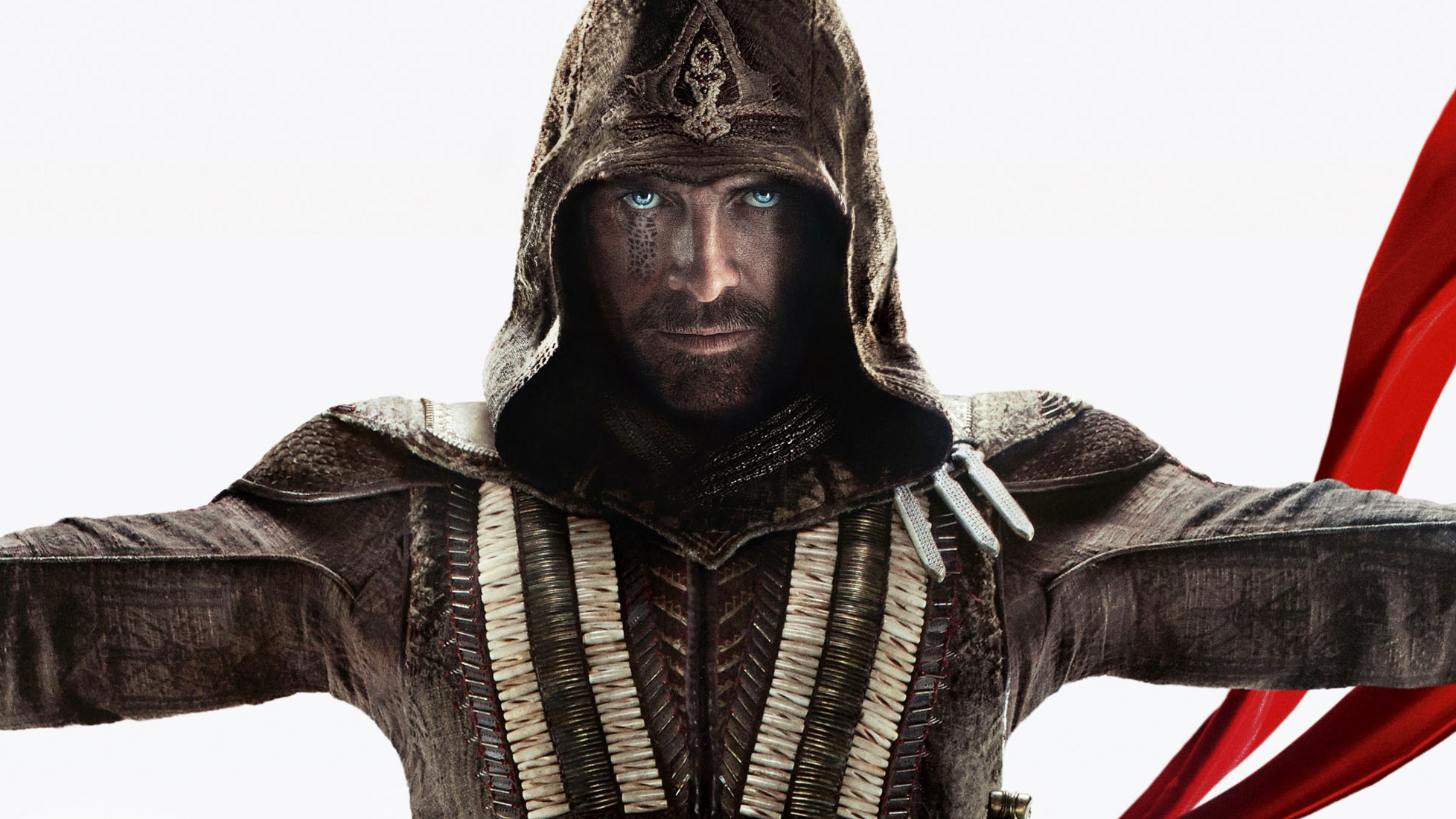Cliff Bleszinski talks VR’s struggles, paying for DLC, and gaming’s Hollywood envy
We talk trends with the veteran developer

Cliff Bleszinski is one of the most recognisable gaming figures on the planet, having worked on such blockbuster franchises as Gears of War and Unreal Tournament.
Having released his first game when he was just a teenager, Bleszinski has been an enduring presence in the games industry, with a career spanning over twenty years.
After having helmed the Gears of War franchise through its first three iterations, Bleszinski has since taken a step back from AAA game development to found his own studio, Boss Key Productions, which is releasing its debut game LawBreakers later this year.
You can read more about LawBreakers in our interview with Bleszinski published last weekend, but in the second half of our interview we wanted to find out the veteran’s opinions on the games industry as a whole.
On VR's lack of killer apps
Virtual reality has been one of the hottest new technologies of recent years, but it was curiously underplayed at this year’s E3. Sony showed off a couple of trailers for new PlayStation VR games during its keynote, and Bethesda and Ubisoft also had new titles to show off, but the technology didn’t have the same emphasis that it did at last year’s show.
Bleszinski was a prominent early supporter of VR, having appeared in the Oculus Rift’s initial Kickstarter video to proudly state, “I’m a believer.”
However, at E3 2017 the veteran developer had cooled on the potential for VR. “I’m starting to get over it,” he said, before outlining how a lack of support from platform holders is hindering the release of killer software.
Get daily insight, inspiration and deals in your inbox
Sign up for breaking news, reviews, opinion, top tech deals, and more.
Fundamentally, he explains, publishers are unwilling to put a lot of money behind a VR game while the install base of the hardware is so small.

“There’s this chicken and egg that’s happening with VR where platform holders aren’t eating the cost,” he explains.
“A game like Uncharted is not really feasible to be profitable. It’s because Sony owns Naughty Dog and they’re willing to pump an infinite amount of money into that to sell PlayStations to sell their other games. It’s called a loss-leader.
“So Facebook and Valve, HTC, and all the platform holders, they need to cough up money to get real games.”
This lack of killer titles, Bleszinski believes, will limit the appeal of VR to “location-based entertainment and then the rich friend who has it at their house for the foreseeable future. The irony, speaking of the rich friend, is that they normally live in New York, Tokyo or Los Angeles, aka places that can’t afford the real estate to have a room-based VR. So they’ve created their own ultimate Catch 22 for that.”

On the games industry’s movie envy
Although games are now a multi-million dollar industry that happily competes with the movie and music industry in terms of importance, Bleszinski expressed frustration at the games industry’s constant envy of Hollywood.
“When the Gears movie was potentially going to happen...the number one question I’d always get from the employees [at Epic Games] was ‘What’s up with the movie?’’” he laments.
“For some reason the employees at Epic didn’t feel validated until their IP had a movie, which is really dumb and short-sighted because everybody knows games are way cooler than movies.
“There’s a reason why James Gunn worked on Lollipop Chainsaw or why Gore Verbinski was at the Dice summit a couple of years ago trying to do the Bioshock movie. It’s because all their kids wanna make games! They don’t wanna make films.”
- 1
- 2
Current page: VR and movie envy
Next Page Paying for mods, single-player games, and cross-platform playJon Porter is the ex-Home Technology Writer for TechRadar. He has also previously written for Practical Photoshop, Trusted Reviews, Inside Higher Ed, Al Bawaba, Gizmodo UK, Genetic Literacy Project, Via Satellite, Real Homes and Plant Services Magazine, and you can now find him writing for The Verge.
